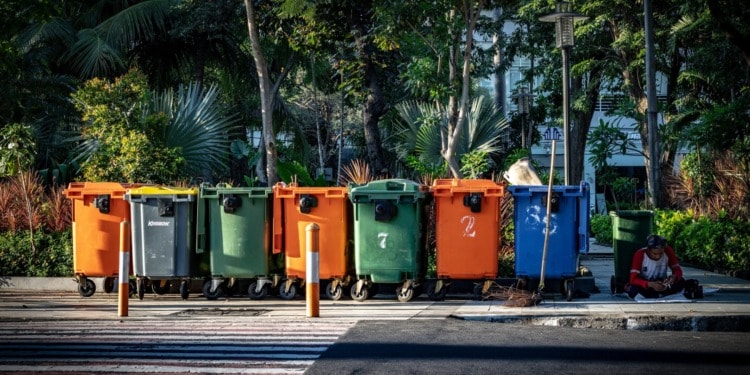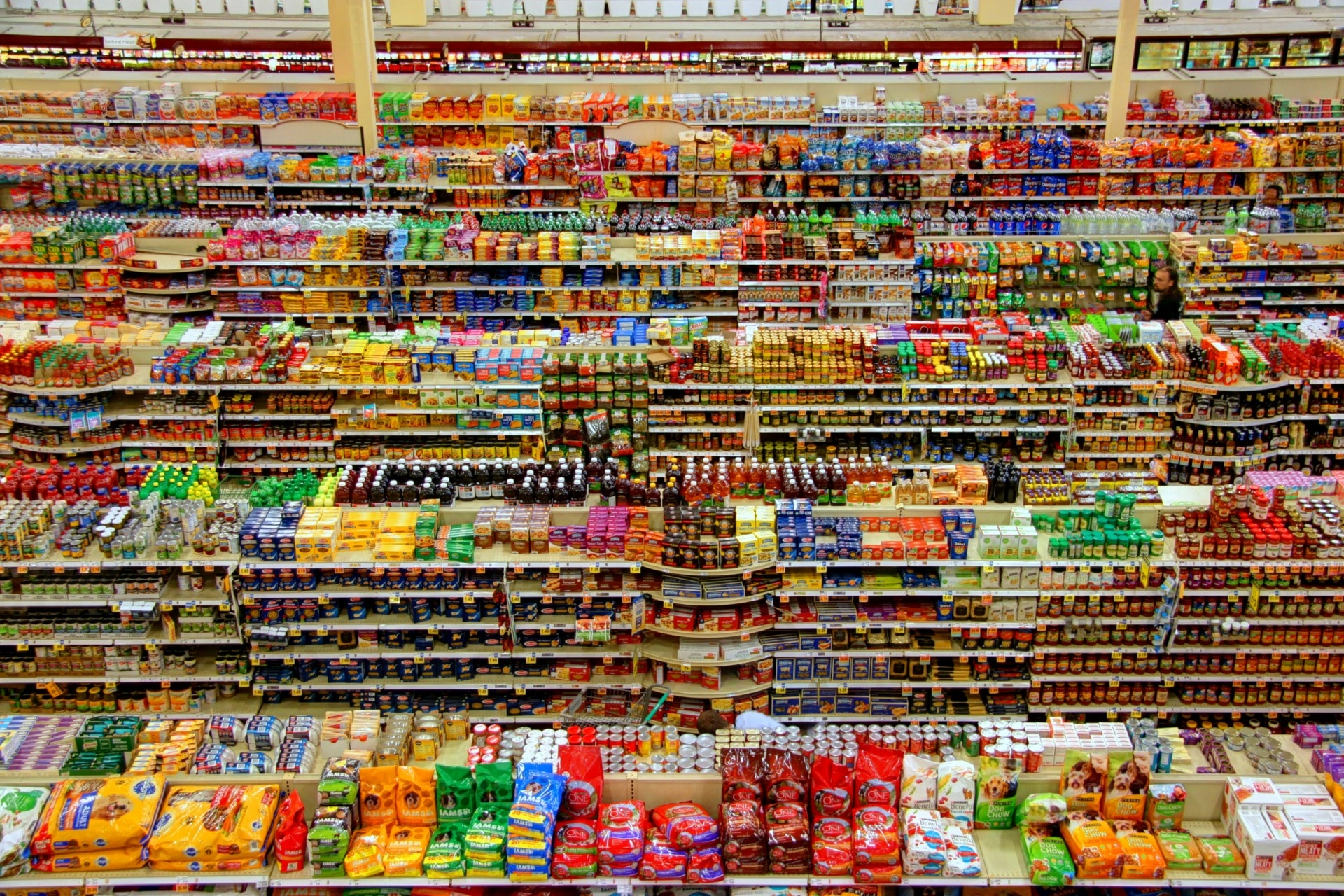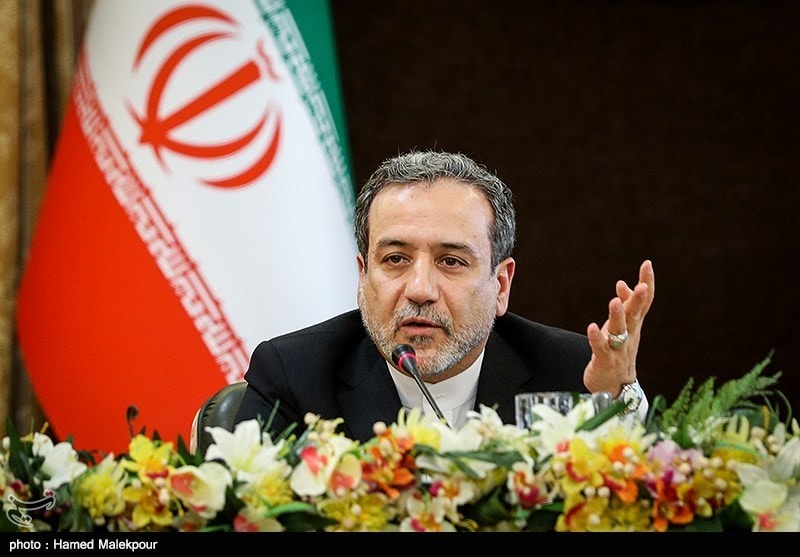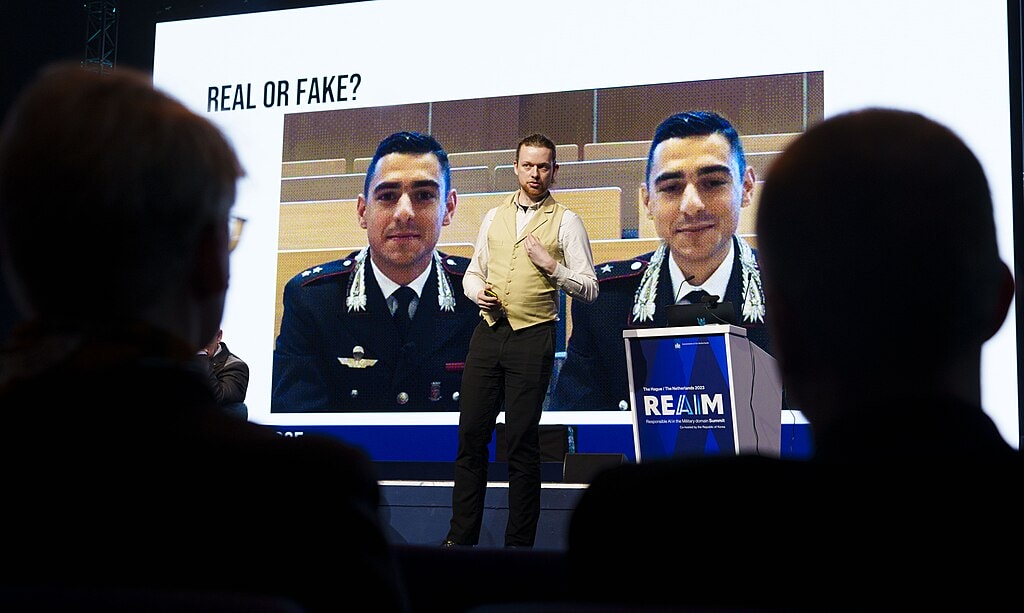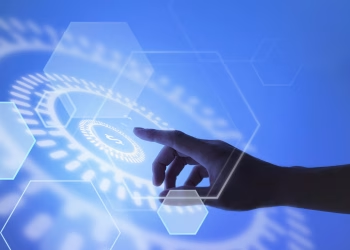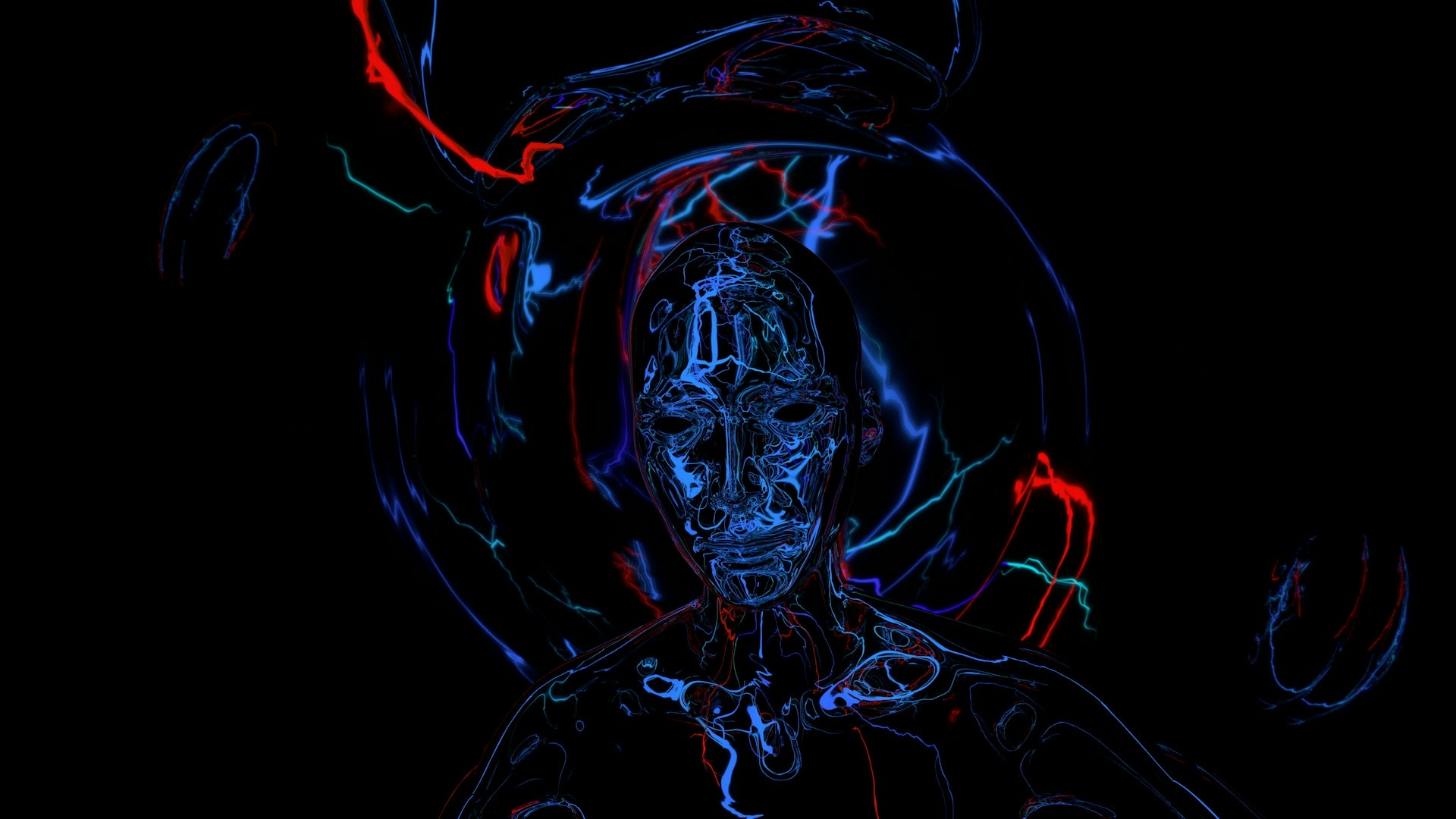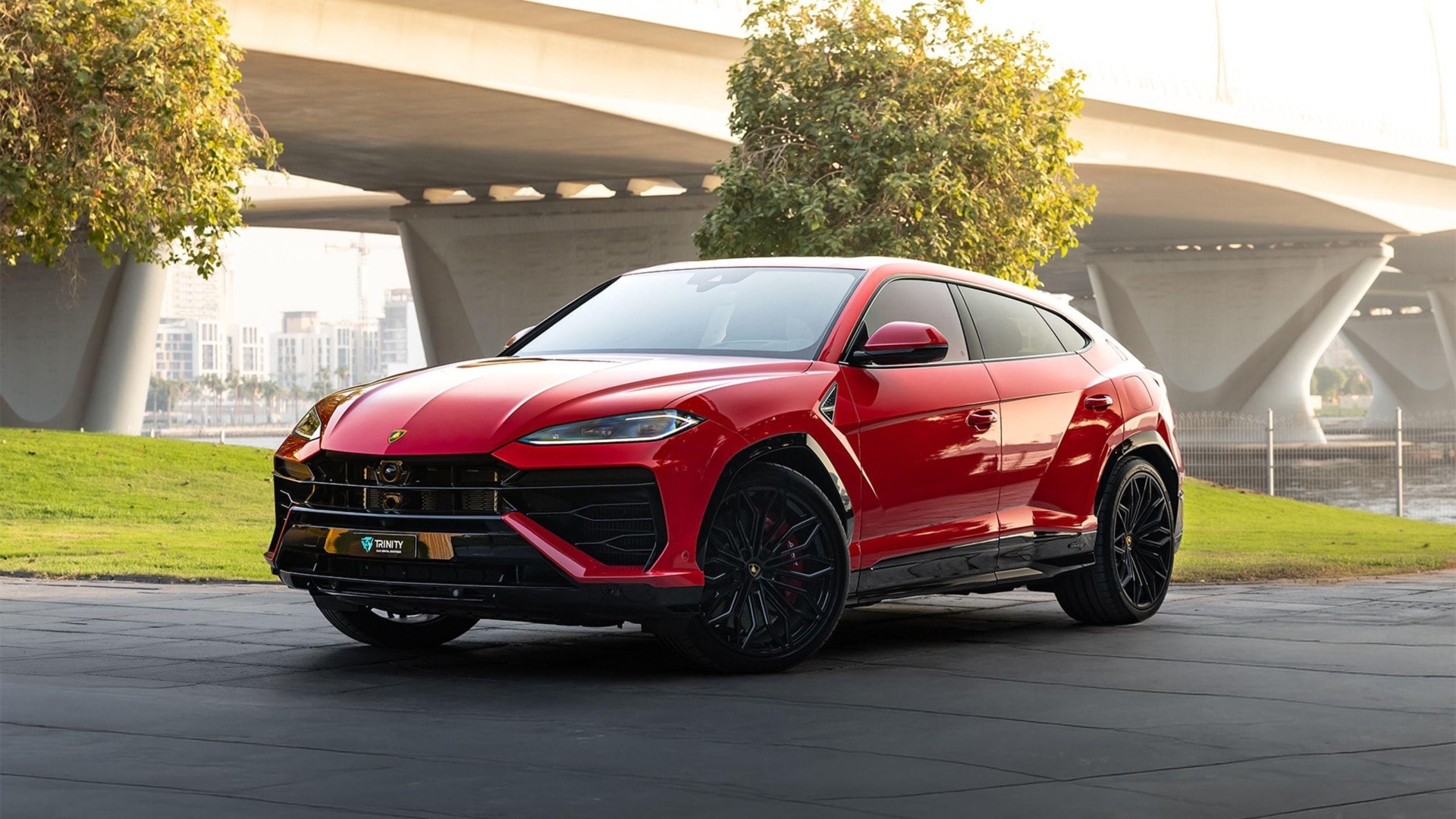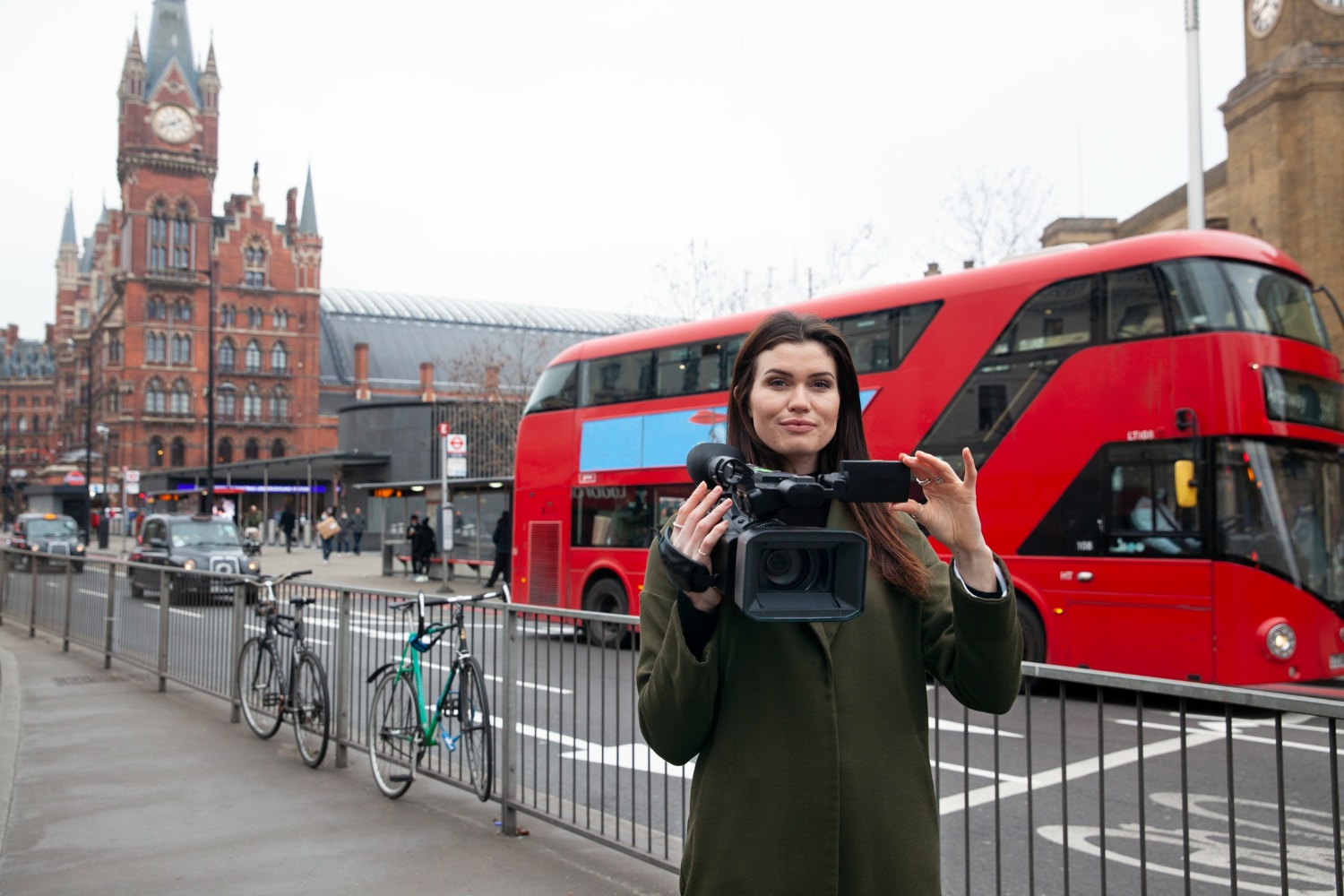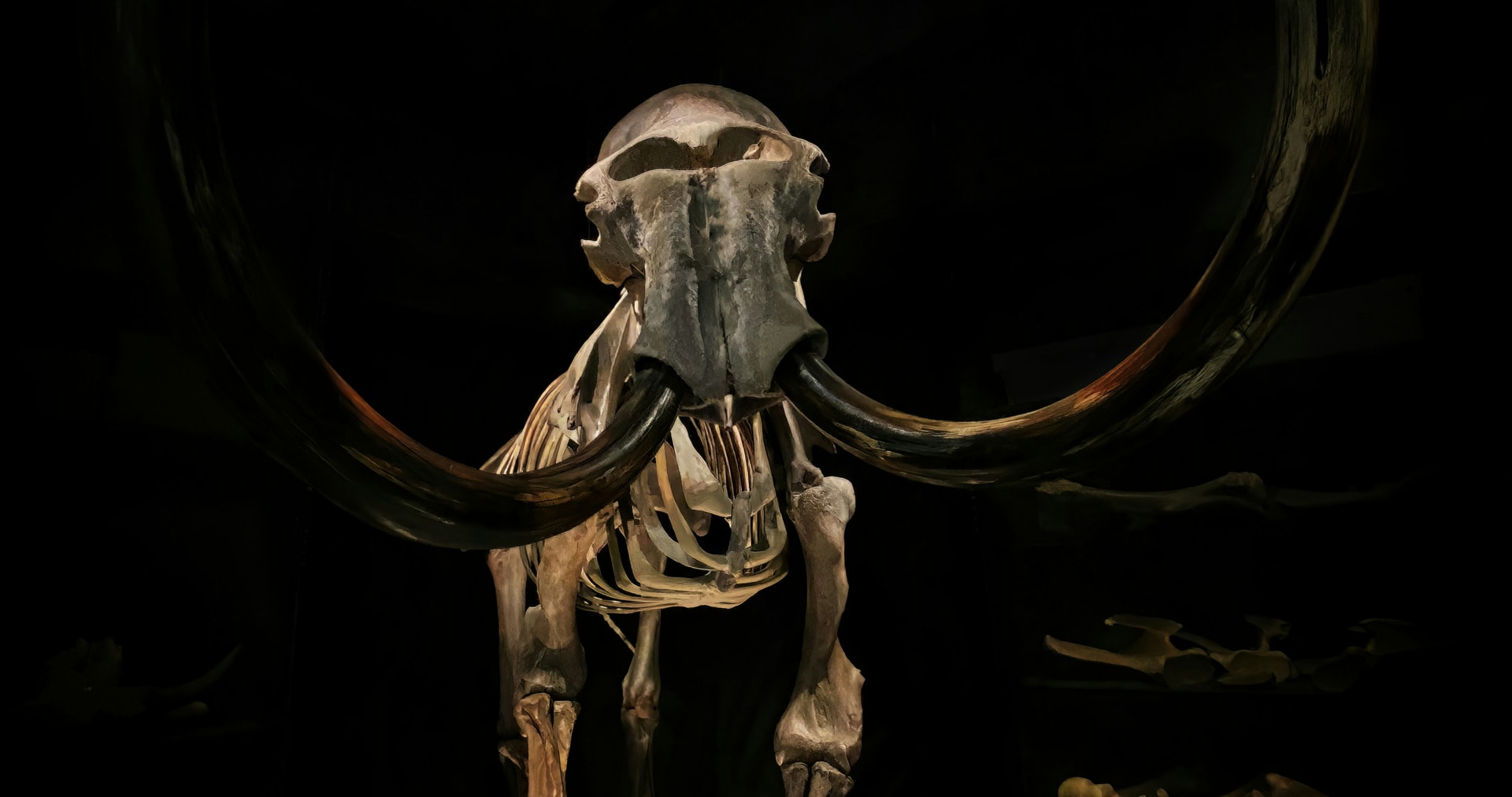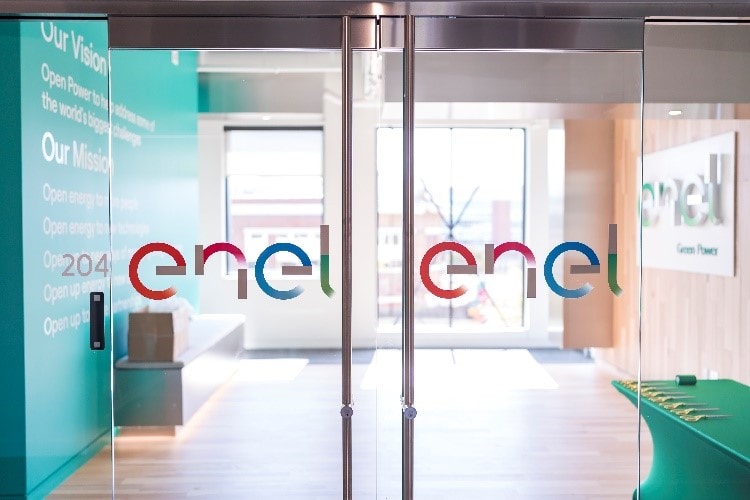According to a report from Eurostat, in 2020, EU citizens generated an average of 34.6 kg of plastic packaging waste per person. However, the real cause for concern lies in the 13.0 kg that was effectively recycled.
This gap between consumption and recycling rates exposes a critical flaw in the waste management cycle. And more often than not, the culprit is the very consumers meant to be served by these packaging materials.
Recognizing this consumer behavior gap, the startup Bower is revolutionizing recycling with a gamified app. By leveraging technology and behavioral science insights, the startup aims to transform how individuals interact with plastic packaging.
Bower was founded in 2018 and has since received multiple rounds of funding. In 2023, the startup received €1,750,000 through the Google.org Impact Challenge: Tech for Social Good.
“With this funding and support from Google.org Fellows, we’ll accelerate the development of an innovative AI-powered app, breaking the limitations of barcodes,” stated the Bower team. This means that all identifiable packaging can be recycled and rewarded in the app. Our app will empower users to scan, identify, and gain a deeper understanding of their waste, including packaging, material composition, size, and carbon emissions. Users will be rewarded for correctly sorting and recycling waste. Notably, this AI solution will be developed as open source, allowing a broader community to benefit from it.”
Meet Bower
Bower’s founders recently had the opportunity to share their vision with Apple’s CEO Tim Cook, at a European climate developers gathering in Copenhagen.
Bower gained recognition for their recycling app through several awards since its launch. They received the Social Entrepreneurs of the Year award from PwC in 2018. In 2019, Bower won the Largest Impact Within 5 Years award from Nordea. And In 2023, Bower won the People’s Choice Award category of the Global Startup Awards.
They are also a Certified B Corp and are currently operating in Sweden, Norway, Denmark, Finland, UK, and have a small pilot project in the US.
Bower understands the need for collaboration with the recycling ecosystem, and that’s why they’ve cultivated strategic partnerships with key players across the industry, including Unilever, Nestle, and Dove.
Their global community of users has demonstrably contributed to a rise in responsible recycling, as we can see in the following graphic:

The Bower experience
Bower’s user-friendly app simplifies the work, using a gamification approach that rewards consumers for recycling all types of packaging at regular recycling bins. Here’s how it works:
- Scan and Sort: Scan the barcodes on your plastic containers, milk cartons, and metal cans (or whatever it is that you are recycling).
- Local recycling facility: Prepare your recycling as usual and use the app’s intuitive map to locate your nearest recycling facility.
- Rewards: Each scan and responsible disposal translates into points or even cash. These rewards can be withdrawn directly to your bank account, donated to a worthy environmental cause, or used to secure discounts on future purchases.
Related Articles: 4 Ways to Reduce Plastic Pollution | Scientists Create the World’s First Soap Made From Plastic | Plastic Recycling: Ditch it or Improve it? | Massive Pacific Ocean Garbage Patch: Can It Be Contained? | Plastic Waste Is Creating New Communities on the Ocean’s Surface | Turning Ocean Garbage Into Green Fuel
Looking Ahead: a scalable solution
Bower’s gamified app has captured the attention of environmentally conscious consumers, offering an innovative approach to tackling plastic pollution.
However, to truly revolutionize recycling on a global scale, the company must address key considerations. For example, the sensitive data collected on the app can breach customers’ privacy (their purchases are stored in databases knowing their exact product consumptions).
While gamification has proven effective in initiating sustainable behavior change, the true challenge lies in fostering long-term commitment, where the benefit and interest is maintained after the initial phase.
While technology can provide engaging incentives towards positive change, the long-term goal is fostering a fundamental shift in values and habits.
Time will only tell if a gamified approach will be able to bridge the gap between convenience and environmental responsibility.
Editor’s Note: The opinions expressed here by the authors are their own, not those of Impakter.com — Cover Photo Credit: Pexels


